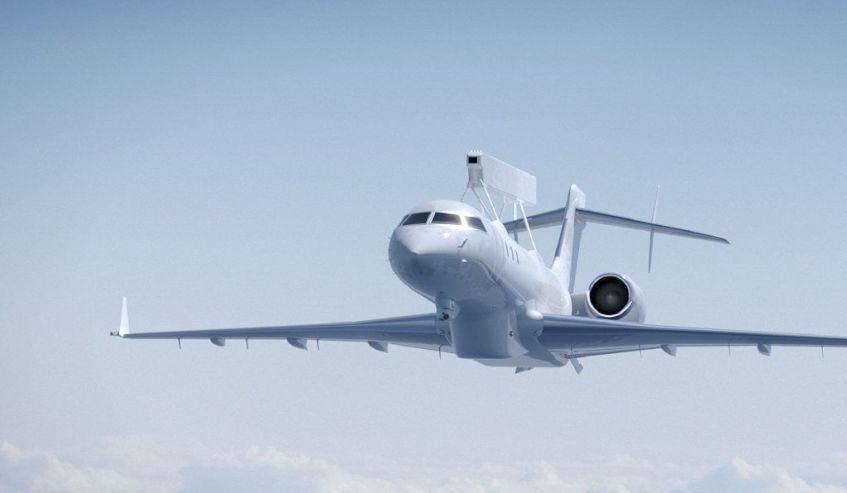Defence and security company Saab released its integrated annual and sustainability report for 2016, revealing strong organic sales growth for the year.
In the report, Saab cited "growing turmoil around the world as a consequence of the geopolitical landscape" resulting in an "increased demand for cost-efficient defence and security systems".
Saab announced it achieved an organic sales growth of 5 per cent in 2016, a figure in line with its long-term goal.
However, they also revealed order bookings were lower in 2016 compared to 2015 when Saab received orders for the new version of Gripen to Brazil, a new generation of its airborne surveillance system GlobalEye and development of the A26 submarine.
They did note, however, that the order intake of smaller orders below Million Swedish Kroner (MSEK) 100 in 2016 was good with an increase of 3 per cent compared to 2015.
Saab also stressed that the lower than anticipated order bookings in the fourth quarter were a result of a major order in airborne surveillance systems being delayed until January 2017.
However, at year-end, all business areas had a strong order backlog, which Saab said has put the company in a good position for continued growth in 2017.
The operating income amounted to MSEK 1,797 ($265 million) with an operating margin of 6.3 per cent. Adjusted for non-recurring items, operating income amounted to MSEK 1,782 in 2015 and the operating margin was 6.6 per cent.
Saab noted that several major projects are in an early stage where they in most cases generate lower profits. Development of a new jet trainer together with Boeing also affected operating income.
The report also highlighted the important steps the business took in several of the company’s projects in 2016.
These included the presentation of GlobalEye in February, the new version of Gripen in May and Boeing and Saab’s first two aircraft for the US Air Force’s T-X competition in September.
Saab also established a joint company with Swedish air navigation service provider LFV, to develop, market and operate remote air traffic control systems.
The defence and security company’s outlook statement for 2017 estimates that sales growth in 2017 will be higher than Saab’s long-term financial goal due to the annual organic sales growth of 5 per cent.
Saab is also expecting the operating margin, excluding material non-recurring items, to improve compared to 2016 and thus the company will take a step towards its financial goal: an operating margin of 10 per cent.
The full report can be viewed here.



